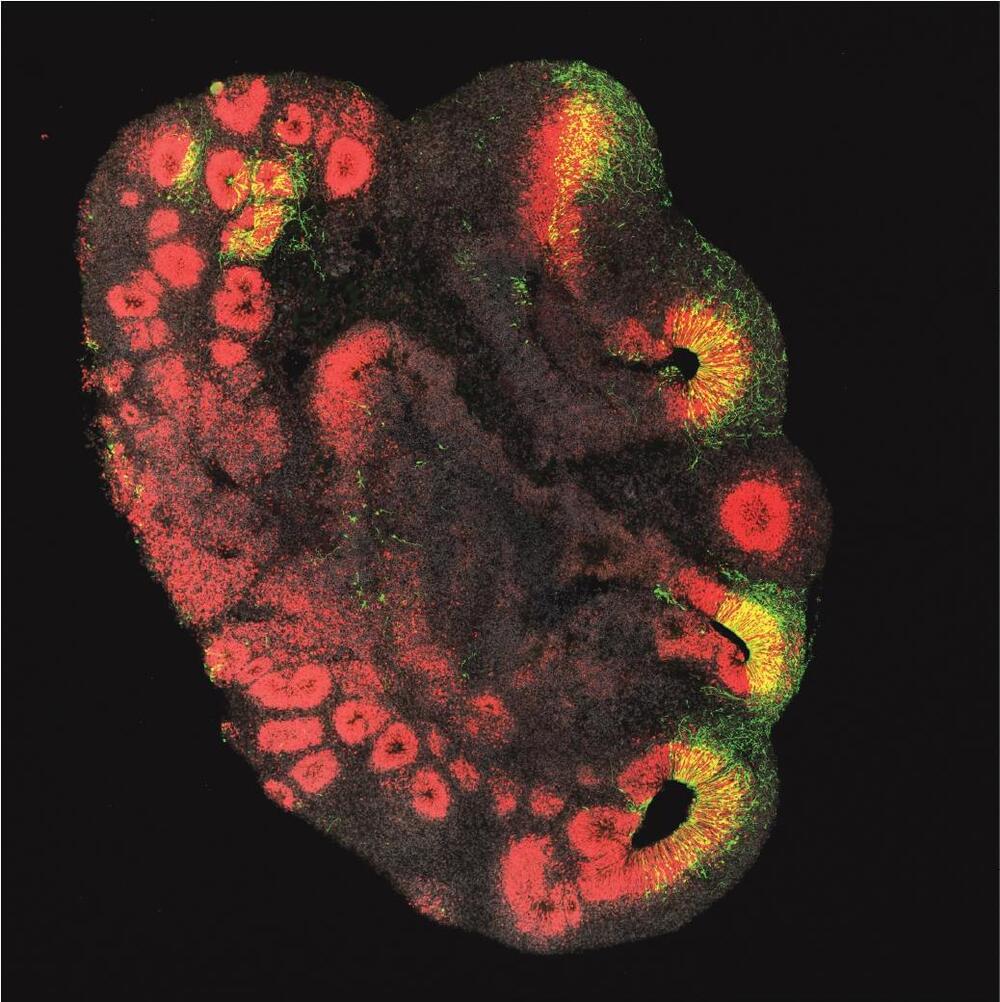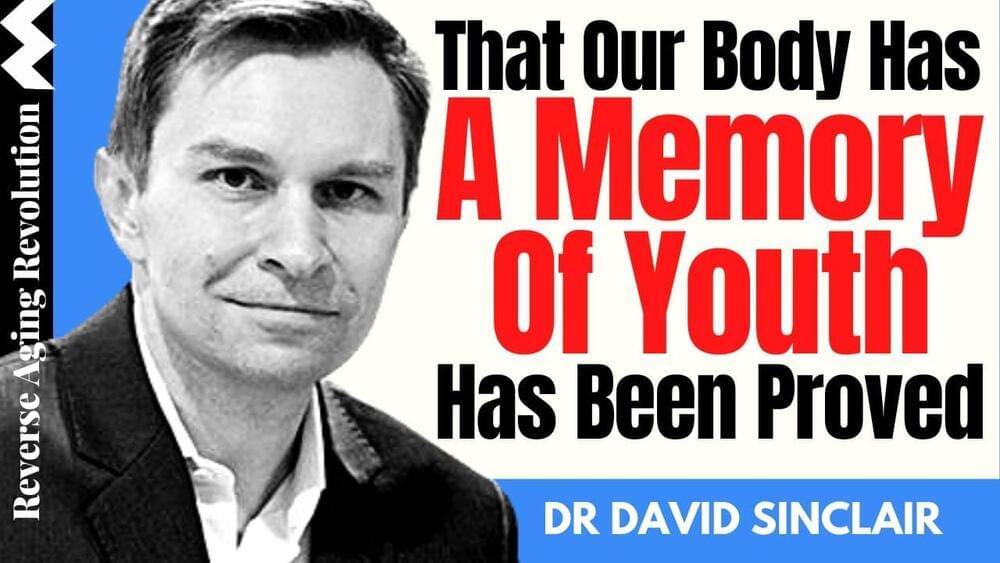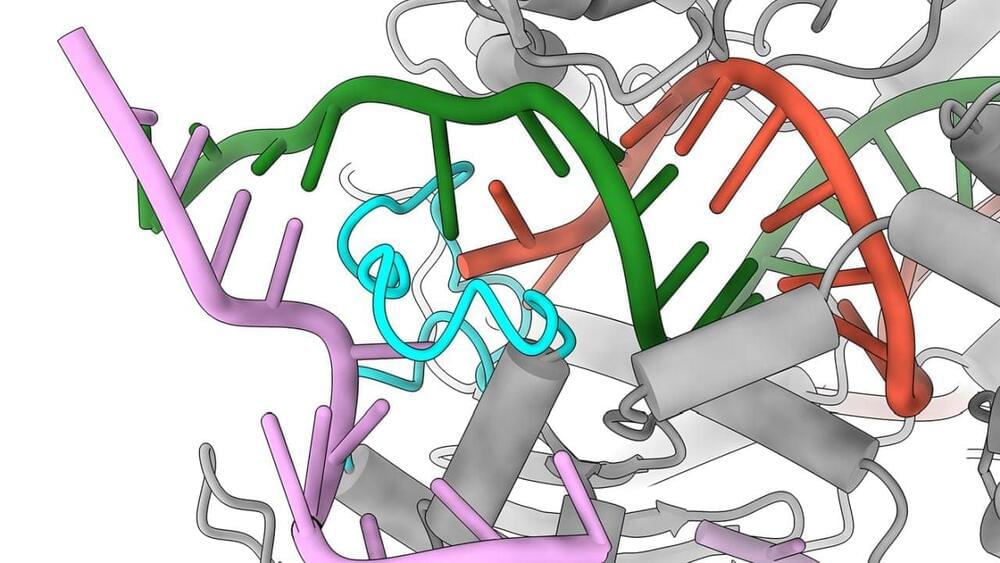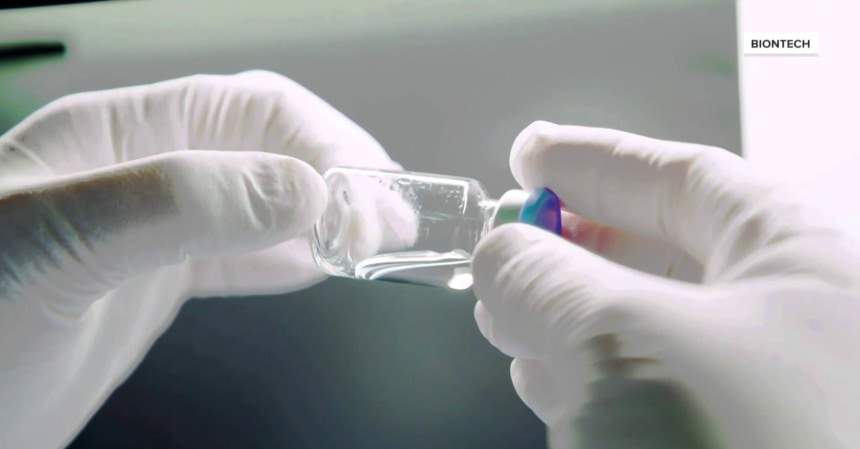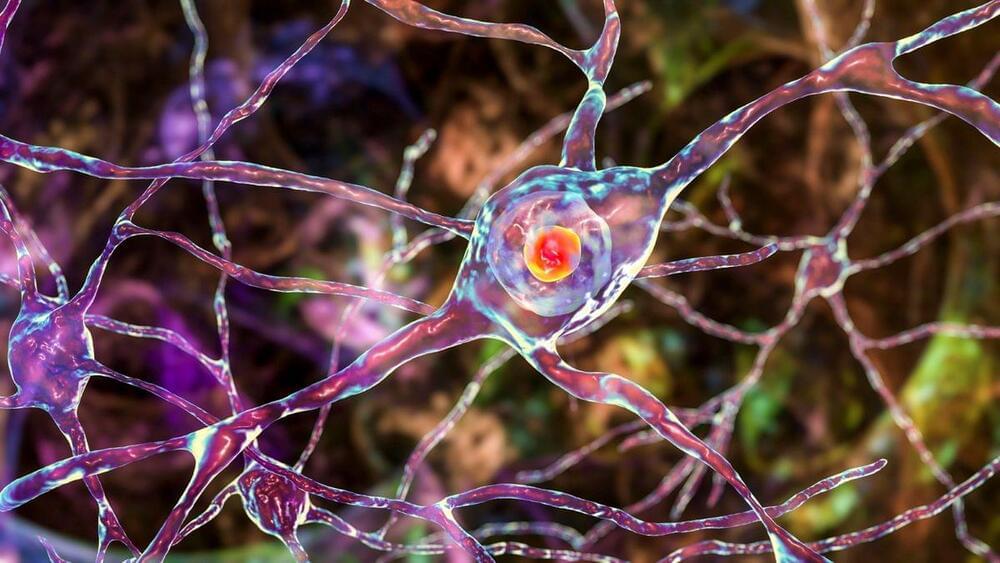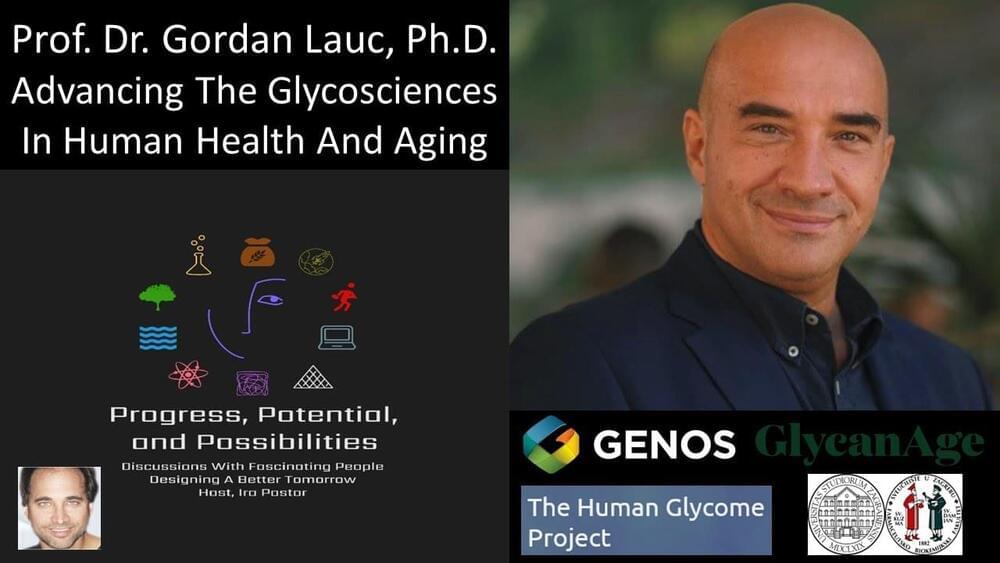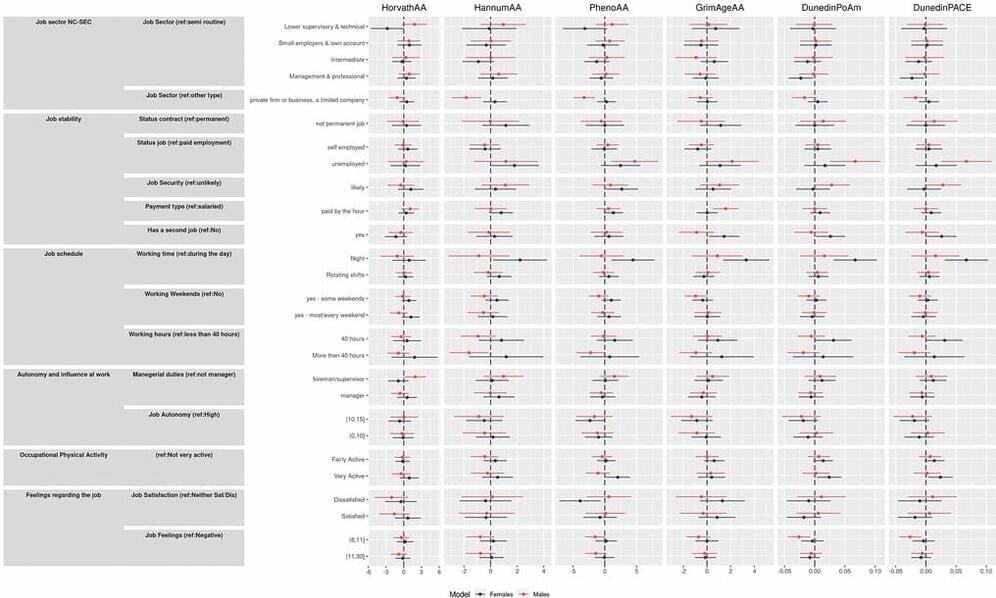Oct 23, 2022
Scientists Uncover the Gene Responsible for Human’s Big Brain
Posted by Quinn Sena in categories: biotech/medical, genetics, neuroscience
Great ape animal studies have long been prohibited in Europe due to ethical concerns. An alternative to using animals in studies is the use of so-called organoids, which are three-dimensional cell structures that can be generated in the lab and are just a few millimeters in size.
These organoids can be created using pluripotent stem cells, which then subsequently develop into particular cell types like nerve cells. The study team was able to create both chimpanzee and human brain organoids by using this method.
“These brain organoids allowed us to investigate a central question concerning ARHGAP11B,” says Wieland Huttner of the Max Planck Institute of Molecular Cell Biology and Genetics, one of the three lead authors of the study.
